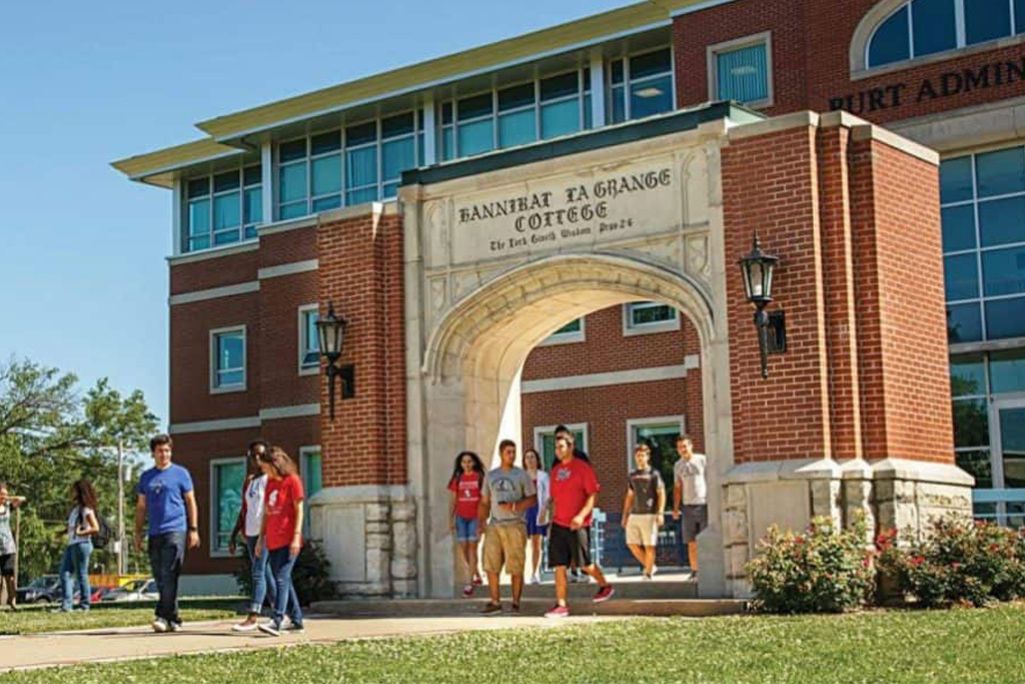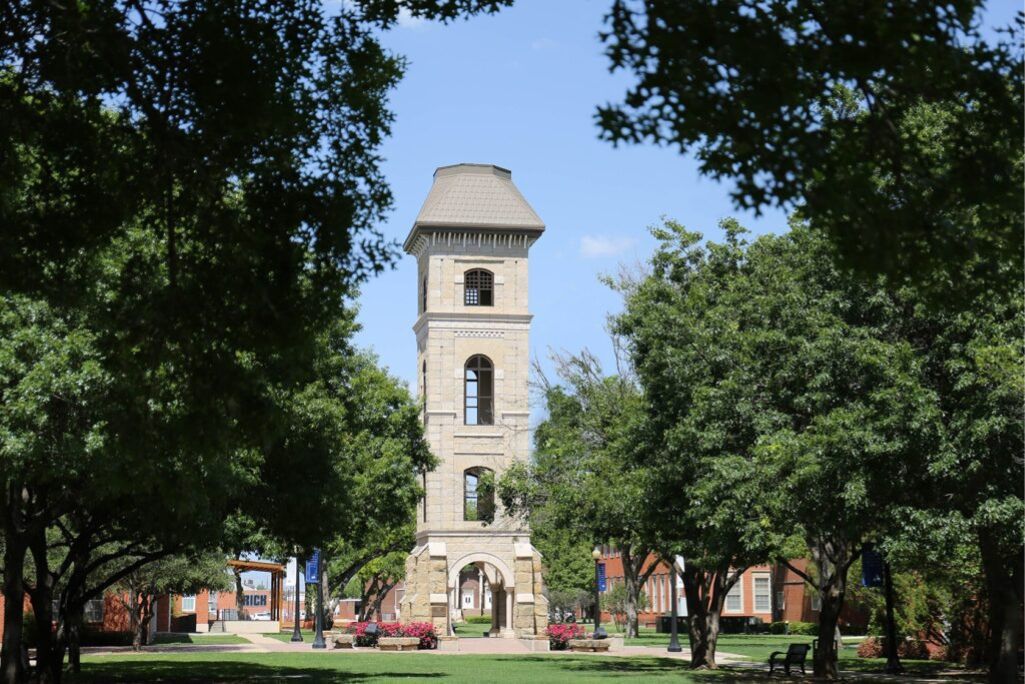
HANNIBAL, Mo. (BP) — Hannibal-LaGrange University (HLGU) is threatening legal action should the Department of Education (DOE) not grant an accommodation over a rule that the school says limits its financial autonomy and religious liberty.
A section of the regulation, 34 CFR §668.14, was amended in July 2024, adding a section stating that program participation agreements (PPAs) for private, nonprofit institutions must be signed off on by “an authorized representative of an entity with direct or indirect ownership of the institution if that entity has the power to exercise control over the institution” alongside an authorized representative of the institution.
“The Co-Signature Mandate is discriminatory and unconstitutional,” said HLGU President Robert Matz in a press release from the university. “We urge the Department to align its actions with recent Executive Orders prioritizing religious liberty and deregulation, protecting institutions like HLGU that play a vital role in their religious communities.” Read a full statement from Matz here.
The university has announced its intentions to file a lawsuit in the absence of “timely action” by the DOE.
“Demanding that Missouri Baptist churches give up their religious rights or face financial ruin is contrary to the First Amendment and the Religious Freedom Restoration Act,” said Jon Whitehead, counsel for HLGU. “This regulation threatens the religious autonomy of Baptist, Catholic and other denominational institutions, and undermines long standing principles of nonprofit governance.”
Program participation agreements are legally binding contracts between educational institutions and the DOE that allow those institutions to benefit from federal student loan programs available through Title IV of the Higher Education Act.
HLGU attests that it has already lost access to more than $500,000 in Prison Pell Grant funds that would have gone to students. Future losses are expected to be around $250,000 per semester.
“The Missouri Baptist Convention (MBC) enthusiastically supports its entities and believes Hannibal-LaGrange University, as well as other MBC-affiliated universities, should be granted religious accommodation for these recent Department of Education Title IV regulations,” said MBC Executive Director Wes Fowler. “The convention has never been required to co-sign for one of its affiliated entities, and to do so would compromise our long-held Baptist polity. Our hope and prayer is that meaningful dialogue will resolve this matter in a way that protects the right of Baptists to select leaders without government interference.”
Matz said the working relationship that HLGU, a four-year Christian university fully accredited by the Higher Learning Commission, has had with the MBC since the school’s founding in 1858 “is under direct attack.”
“… (T)his new regulation forces denominational bodies like the MBC to choose between two untenable options: surrender their role in trustee selection, or assume financial and legal liabilities for the institutions’ decisions,” he wrote in an editorial. “If unchallenged, this policy would force religious organizations to function like lenders or stockholders, not cooperating churches.”
He went on to say the issue extends beyond Baptists to other faith-based universities that seek “to freely organize and appoint trustees according to their religious beliefs.”
“The co-signature mandate affects whether students can use federal aid to attend a college aligned with their convictions,” he said. “It sets a dangerous precedent — empowering federal agencies to interfere with the internal governance of religious institutions nationwide.”
(EDITOR’S NOTE — Scott Barkley is chief national correspondent for Baptist Press.)


